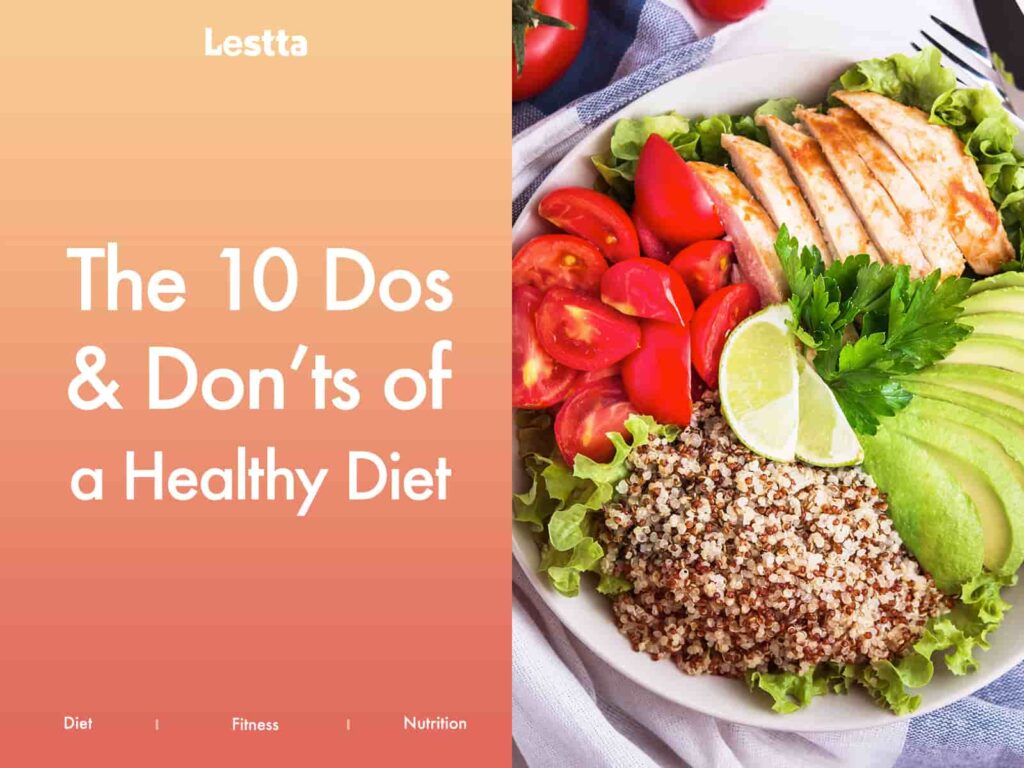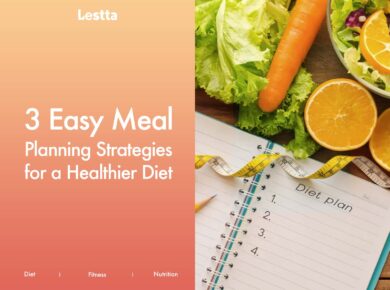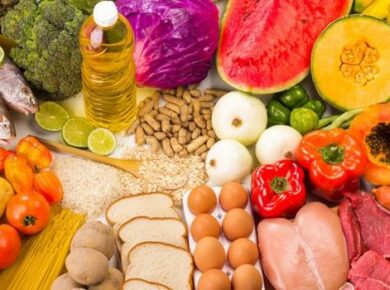The 10 Dos and Don’ts of a Healthy Diet

Maintaining a healthy diet is essential for overall well-being. However, with the abundance of conflicting information out there, it can be challenging to navigate the world of nutrition. In this article, we will outline the ten crucial dos and don’ts of a healthy diet.
The Dos:
1. Do Prioritize Whole Foods:
Opt for whole, unprocessed foods as the foundation of your diet. Fresh fruits, vegetables, whole grains, lean proteins, and healthy fats provide essential nutrients and are lower in added sugars, sodium, and unhealthy fats.
2. Do Prioritize Protein:
Include lean protein sources in your diet, such as poultry, fish, tofu, beans, and legumes. Protein is essential for building and repairing tissues, supporting muscle growth, and maintaining a feeling of fullness after meals.
3. Do Practice Portion Control:
Maintaining portion control is crucial. Be mindful of your serving sizes, as even healthy foods can contribute to weight gain if consumed excessively. Use smaller plates, measure your portions, and listen to your body’s hunger and fullness cues.
4. Do Hydrate with Water:
Stay properly hydrated by drinking an adequate amount of water throughout the day. Water helps regulate body temperature, aids digestion, and supports overall cellular function. Limit sugary beverages and opt for water as your primary source of hydration.
5. Do Plan and Prepare Meals:
Take the time to plan your meals and snacks in advance. By preparing your food, you can control ingredients, portion sizes, and ensure you have healthy options readily available, reducing the temptation of unhealthy choices.
The Don’ts:
6. Don’t Rely on Processed Foods:
Minimize your consumption of processed and packaged foods, as they tend to be high in added sugars, unhealthy fats, sodium, and artificial additives. Instead, opt for whole, nutrient-dense alternatives.
7. Don’t Skip Meals:
Skipping meals can disrupt your metabolism, lead to overeating later, and deprive your body of essential nutrients. Aim for regular, balanced meals throughout the day to maintain stable energy levels and support overall well-being.
8. Don’t Overindulge in Sugary Treats:
While occasional indulgence is fine, excessive consumption of sugary treats can contribute to weight gain, increase the risk of chronic diseases, and negatively impact energy levels. Choose healthier alternatives or enjoy sweets in moderation.
9. Don’t Neglect Fiber:
Ensure an adequate intake of dietary fiber by including whole grains, fruits, vegetables, and legumes in your diet. Fiber aids digestion, promotes a feeling of fullness, and supports a healthy gut microbiome.
10. Don’t Neglect Physical Activity:
Incorporate regular physical activity into your lifestyle. Leading a sedentary lifestyle can negatively impact your health, regardless of how well you eat. Exercise helps maintain a healthy weight, improves cardiovascular health, boosts mood, and enhances overall well-being. Aim for at least 150 minutes of moderate-intensity exercise per week.
Conclusion
By adhering to these ten dos and don’ts of a healthy diet, you can make positive changes to your eating habits and overall well-being. Remember, small adjustments over time can lead to significant long-term benefits.









